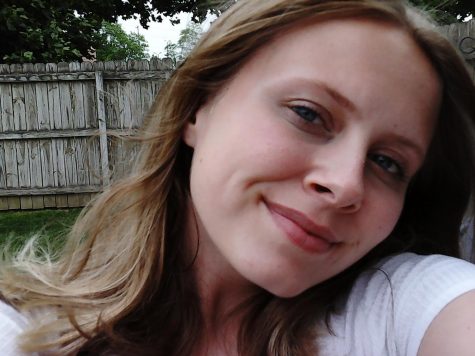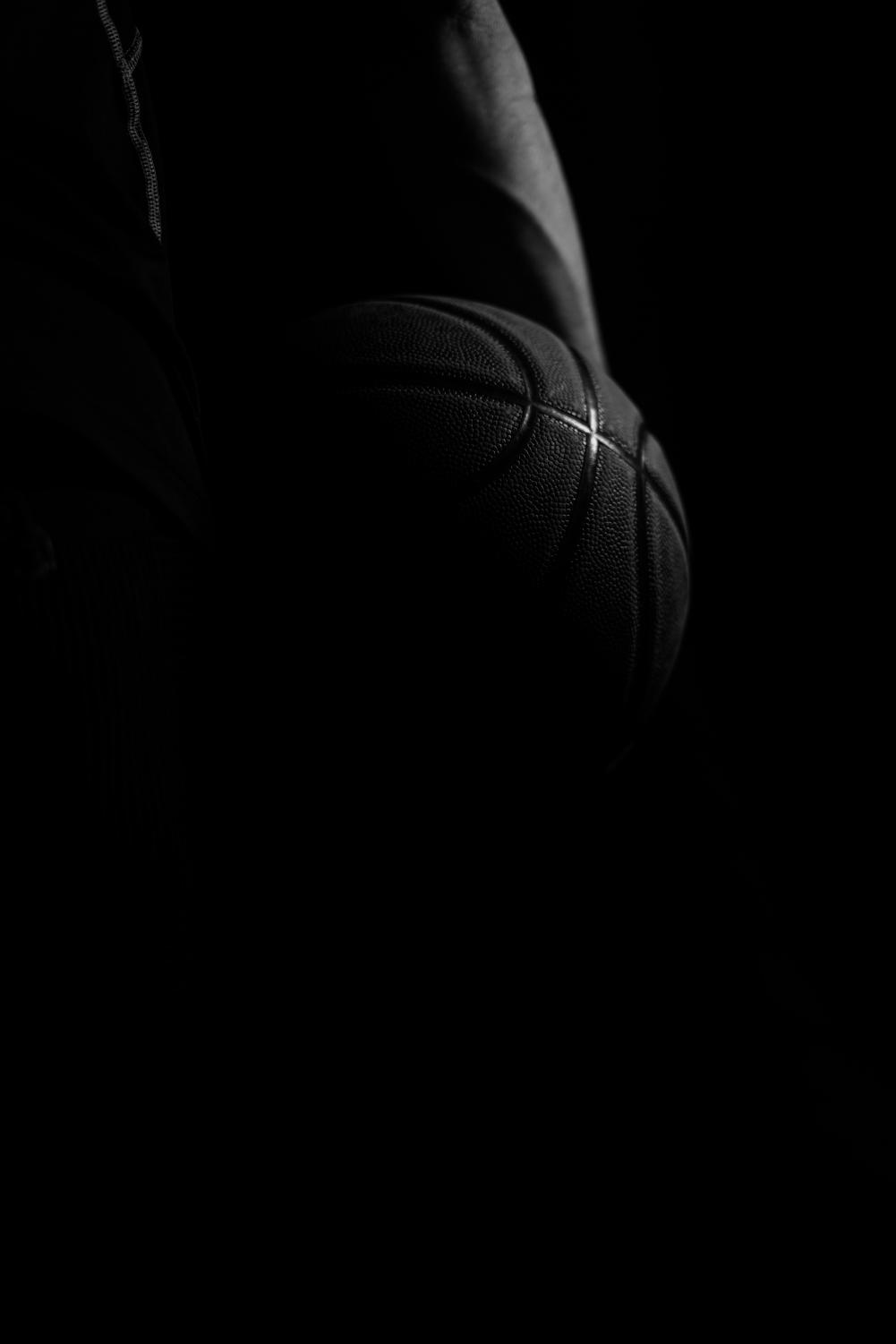
MENTAL HEALTH AND ATHLETES
SPORTS WITH SKYLAR
December 26, 2021
Mental health in athletes is by no means a new concept. It’s been mulled over again and again. Between the physical damage to the brain many contact sports cause to the grueling mental toughness many sports demand, it’s a concept that has recently been brought to the limelight. From Noami Osaka’s withdrawal from the French Open to Simone Biles voluntarily sitting out of many events this past Tokyo Olympics, many athletes aren’t shying away from taking their mental health just as seriously as their physical health. Breaking the stigma that surrounds injuries, that they are only physical things, is a necessary step in being able to prioritize the all around health of athletes at every level.
According to Athletes for Hope, “33% of all college students experience significant symptoms of depression, anxiety or other mental health conditions. Among that group, 30% seek help. But of college athletes with mental health conditions, only 10% do.” This lack of recognition among athletes stems from the unnecessary pressure they are under. If you sprain an ankle, you can’t hide that. If you are suffering from depression, you can. Many athletes feel that if they are allowing themselves to recognize their mental state, they would be letting themselves, their team, their coaches down. This feeling is amplified when you are on a collegiate or professional level. When this is your job, having a mental illness doesn’t seem like an option.
Speaking from personal experience, I feel that the sports I have participated in have affected my mental state more than I would like to admit. I’ve been playing volleyball since I was 11 and softball since I was four. Having played sports for a majority of my life, they have inevitably taken a toll on me. I have a permanent bump on my knee from a bad fall in softball. I have a callus on my wrist from sliding in volleyball. These are the physical effects that we are familiar with, the ones we can see. What we can’t see are the mental scars that are still healing years after the damage was done.
I played travel softball in my early teen years. For the life of me, I could not hit the ball. As much as my dad continuously insisted that I was just in a slump, I couldn’t help but to allow my inability to hit the ball to reflect on my self worth. As a tween, you’re insecure as is. Not being able to successfully perform the sport you spend so much of your life doing makes those insecurities sore through the roof.
As I entered high school and began taking volleyball seriously, I would spend so much time trying to carry the pressure I put on myself. I played varsity as a freshman. I had huge shoes to fill, and at fourteen years old, this seemed impossible. No matter how hard I tried, I never allowed myself to believe that I was good enough. This continued through my sophomore year, where I started as libero. And pushed on through my junior year into my senior year. The amount of games that ended teary eyed because I felt that I had let the team down was uncountable. I had the entire weight of the world on my shoulders and worst of all, I didn’t give myself a break.
As my senior volleyball season comes to an end, I reminisce and realize that I never gave myself enough credit. I didn’t allow myself to have an off-day or even celebrate my on-days. I just constantly allowed these sports to determine my self worth. I’m here to tell you that living like that isn’t a healthy way to live. No matter what you’re doing- sports, dancing, writing- your success does not determine your self worth. Just because you shank a pass or fall out of a turn or don’t get published, that doesn’t make you any less of a person. It’s okay to take a break, to step back from what you’re doing. At the end of the day, you are doing this because it brings you joy. If you find this joy shrouded by insecurities and self doubt, recognizing your mental well being is a necessary step we all have to take. Just because they can’t see your struggle doesn’t mean it isn’t there.
The good news is that I’m not the only athlete who is thinking about this. Olympic star Michael Phelps has continuously advocated for mental health awareness in athletes. Victoria Garrick, former University of Southern California libero, has toured, giving Ted Talks about how important it is to recognize mental well being. Simply speaking out about these things is the first step to permanent solutions. On the smaller scale that is high school athletics, continue to hold your mental health at the same seriousness as you do your physical health. Understand that your well being supersedes any pressure put on you. Ask yourself how you are doing, and if you’re not doing okay, take a break. Prioritize yourself. Talk to a parent, a coach, a guidance counselor and don’t be afraid of how you’re feeling. The only way to break this stigma is to begin with ourselves. I’m trying to do this every day, and I hope you will too.

